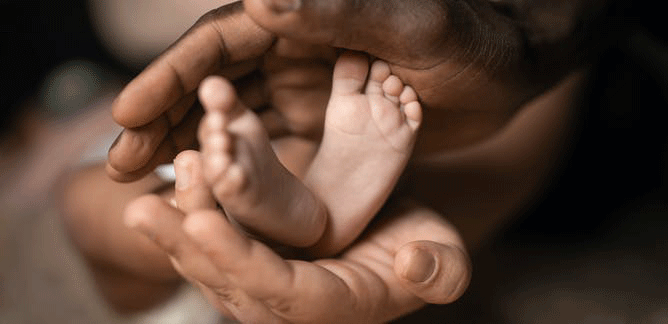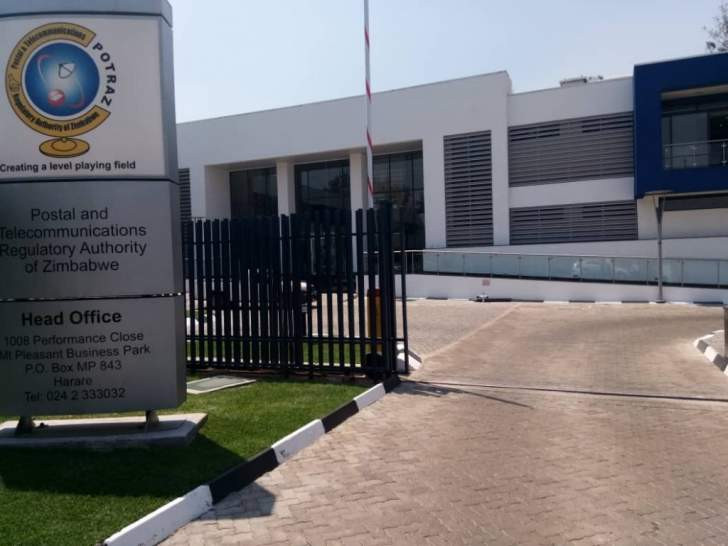
BY VANESSA GONYE
IN 2016, 25-year-old Patricia Limasi from Bulawayo received devastating news that she had tested positive to the HIV virus, despite being married to an HIV-negative husband.
She told NewsDay that like any other human being, the news of her status was shattering as she thought that it was the end of the world for her.
“At first, it was painful finding out that my mother never told me of my status. A lot of questions and thoughts came to mind. I never believed that I would give birth to a child, let alone to HIV negative children,” Limasi said.
She said she found out at the age of 25 that she was born positive and she was placed on treatment in 2016.
“At first, it was difficult for my husband to come to terms with the news as our relationship progressed. However, with time, he accepted my condition which turned around all my thoughts of negativity,” she said, adding that from there, they lived their marriage life as a discordant couple.
“We use protection, but sometimes he relies on pre-exposure prophylaxis (PrEP) so as to avoid using condoms, we substitute protected and unprotected sex,” she said.
Limasi was determined not to let her children suffer the way she did.
- Chamisa under fire over US$120K donation
- Mavhunga puts DeMbare into Chibuku quarterfinals
- Pension funds bet on Cabora Bassa oilfields
- Councils defy govt fire tender directive
Keep Reading
“I did not want to give birth to HIV-positive children, but I still wanted to be a mother. I joined the prevention of mother-to-child transmission (PMTCT) HIV programme for both my children and followed due processes until I gave birth.
“Of all my children, none is positive. I joined the PMTCT programme to ensure that I give birth to HIV-negative children. I was determined to protect them from my fate. I would go and get checked. What is important for one to give birth to an HIV-negative baby is religiously taking their medication, and serious adherence,” she said.
A report by Avert.org says PMTCT programmes offer a range of services for women of reproductive age living with, or those at risk of HIV to maintain their health and stop their infants from acquiring HIV.
It further states that PMTCT services should be offered before conception and throughout pregnancy, labour and breastfeeding.
UNAids estimates that 85% of pregnant women living with HIV are receiving antiretroviral therapy to prevent vertical transmission of HIV through PMTCT programmes, thus preventing up to 220 000 newly-born infants from HIV infections.
However, global estimates by USAid indicate that 11% of infants born to women living with HIV acquire the virus during pregnancy or postpartum period.
Limasi is lucky to have lived up to 20 years as most of the children born with HIV in her age group failed to reach the age of 10.
A recent meeting to mark World Aids Day by the Pan African Women’s Coalition, to which Limasi is a member, emphasised that there was need for parents to take their children’s health seriously, ensuring that they get proper medical attention and where possible, let them know of their status early to avoid challenges in the long run.
Limasi said she suffered stigma and discrimination for something that could have been avoided by proper medical intervention had her mother been bold enough to take them up.
Margaret Cement, a district focal person for people living with HIV in Glen View, Budiriro and Mufakose in Harare, a PMTCT model, as well as a community linkage officer said great strides had been made since the 1990s, to manage mother-to-child transmission of HIV.
“There is great achievement compared to the years dating back to the 1990s where we had no prophylaxis or any hope for managing the condition. It was one of the scariest moments if one tested HIV positive while pregnant.
“One would not hope for life, but just suicidal thoughts because there was nothing, no information, just an HIV positive result and the pregnancy. Few could come in the open telling about their HIV status, unlike now whereby we have the test and treat method and do have mentor mothers. Way back one would wait for years before being enrolled on ART thanks to the research and efforts made to have a free HIV generation,” she said.
Zimbabwe’s PMTCT coverage, according to a report by the Zimbabwe programme, currently stands at 93%, a huge progress from the 1990s when Limasi was born.
The same report says 77 000 children aged 14 and below are living with HIV.
- Follow us on Twitter @NewsDayZimbabwe










